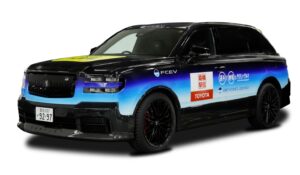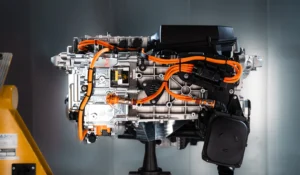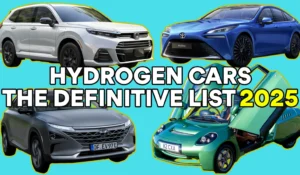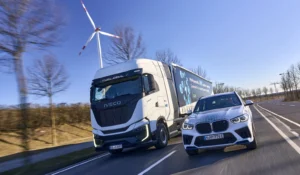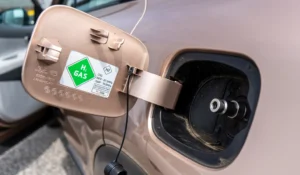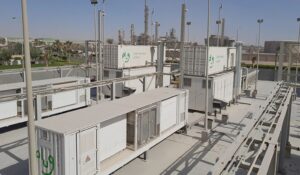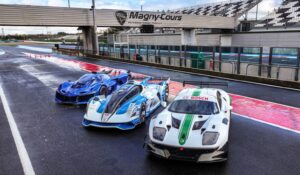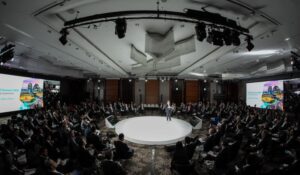Toyota news: Hydrogen Hilux prototype reaches real-world testing phase
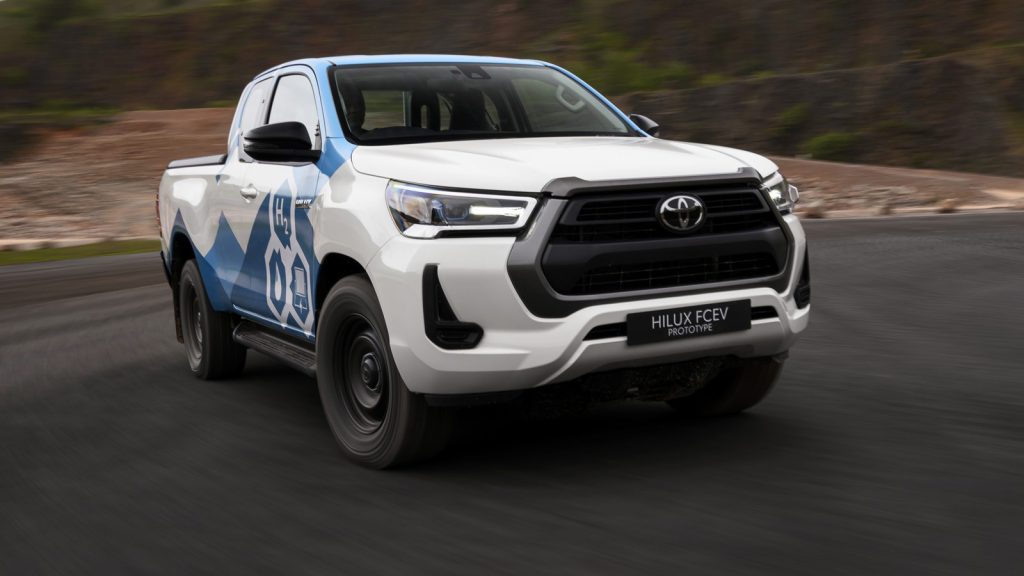
Toyota’s new prototype hydrogen fuel cell powered Hilux pick-up has reached demonstration phase, signalling the brand’s strong commitment to developing H2 as a viable alternative fuel.
Toyota Motor Corporation have shared footage of its Hilux Hydrogen prototype.
This innovative vehicle, equipped with the same hydrogen fuel cell technology as the Toyota Mirai, is undergoing rigorous testing and evaluation in real-world conditions.
As part of Toyota Motor Manufacturing UK (TMUK), 10 prototype Hilux vehicles have been built at the Burnaston facility in Derbyshire.
These vehicles reflect Toyota’s broader European strategy to accelerate the development of hydrogen fuel technology, helping achieve carbon neutrality across the region.
Five of these prototypes are undergoing field testing to assess safety, performance, functionality, and durability.
Paris Olympics showcase
The remaining five are being showcased in customer and media demonstrations, including at the upcoming Olympic and Paralympic Games Paris 2024.
The hydrogen fuel cell Hilux prototypes are built on the sturdy foundation of the iconic ‘invincible’ Hilux model, integrating Toyota’s advanced fuel cell system.
This technology provides a driving range of up to 373miles/600km, higher payload capacity (versus a battery electric equivalent), and zero tailpipe emissions – producing only pure water.
The Hilux is powered by three high-pressure fuel tanks, each containing 2.6kg of hydrogen, giving a total capacity of 7.8kg.
The hydrogen is converted into electricity by a polymer electrolyte fuel cell stack with 330 cells, mounted above the front axle.
The fuel cell Hilux is rear-wheel drive, with an e-motor on the rear axle delivering a maximum of 134kW (180bhp, 182 DIN hp) and 300Nm of torque, ensuring strong performance and quick acceleration.
The knowledge gained from this project will contribute to the next generation of Toyota’s fuel cell technology, offering longer lifecycles, increased driving ranges, and significantly-reduced costs.
As Toyota continue to pioneer hydrogen technology, the brand expect Europe to become one of the largest hydrogen fuel markets by 2030, driving growth in both mobility and power generation applications.

